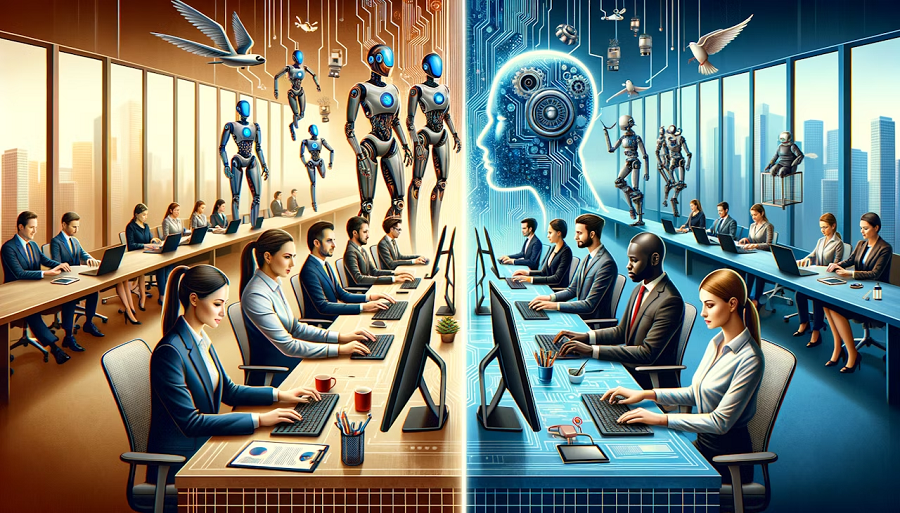In today’s fast-paced business world, managing human resources manually can slow down operations and lead to costly mistakes. That’s where HR automation software comes in. It helps companies streamline HR processes such as onboarding, payroll, attendance tracking, and performance management. With the right solution, businesses can save time, reduce errors, and improve employee experiences.
When exploring the best HR automation software for your company, it’s essential to first understand your specific needs. Every organization is different. Some may require simple task automation, while others need more advanced features like employee analytics or workflow integrations. Identifying your pain points and goals early in the process will make it easier to choose software that aligns with your objectives.
HR automation software brings powerful benefits to businesses of all sizes. It simplifies daily HR tasks, ensures compliance with labor laws, and boosts overall productivity. Many modern tools are now powered by agentic AI, enabling more intelligent decision-making and predictive analytics. This kind of AI can act with autonomy, helping HR teams respond faster to changes and identify patterns in employee behavior and performance. Whether you’re managing a small team or a large workforce, having the right software in place allows HR professionals to focus on people, not paperwork.
Ease of use is a top factor when selecting a solution. A good HR automation platform should have an intuitive interface and require minimal training. Look for platforms that offer customizable workflows and user-friendly dashboards. This makes it easier for your HR staff and employees to adapt to the system without disrupting daily operations.
Integration capabilities are also crucial. Your chosen HR automation software should work seamlessly with other tools your business already uses—such as payroll systems, project management platforms, or communication tools. Software that integrates well ensures data flows smoothly across departments and reduces duplication of work.
Another important factor to consider is scalability. As your business grows, your HR needs will evolve. Choose a solution that can scale with you—offering features like multi-location support, advanced reporting, and employee self-service options. Scalability ensures your investment in HR automation continues to provide value in the long term.
Security and compliance should never be overlooked. HR departments handle sensitive employee data, and any breach could lead to legal and financial issues. Ensure the software provider follows industry-standard security practices and complies with relevant regulations like HIPAA or GDPR, depending on your business type and location.
Customer support can make or break your experience with a new platform. Even the most intuitive software can run into technical hiccups. Choose a provider that offers reliable support through multiple channels, such as chat, email, or phone. Quick and helpful customer service ensures that your HR processes remain uninterrupted.
Another feature gaining popularity in modern solutions is the use of agentic AI. This technology empowers the system to act based on data-driven decisions, reducing the need for manual intervention. Agentic AI enhances automation by allowing the software to analyze patterns, recommend actions, and even execute certain HR tasks on its own. This level of intelligence helps HR teams become more proactive and strategic.
In conclusion, choosing the best HR automation software for your business involves careful evaluation of your needs, goals, and existing systems. A well-chosen platform can save time, reduce administrative costs, and enhance the overall employee experience. Look for features like ease of use, integration, security, and scalability. And consider the added benefits of agentic AI to take your HR processes to the next level. By selecting the right solution, you’ll empower your HR team to focus on what really matters—supporting your people and growing your business.



